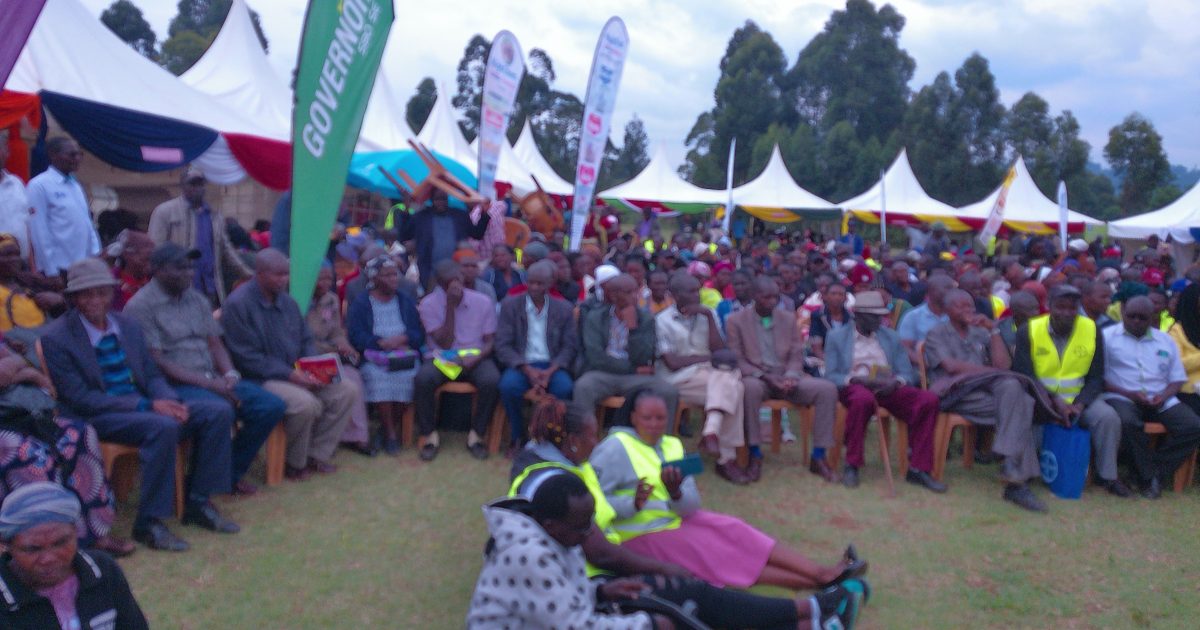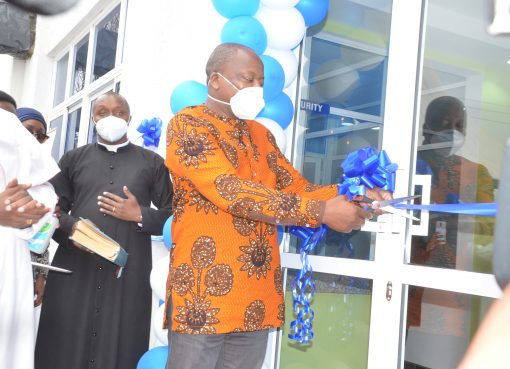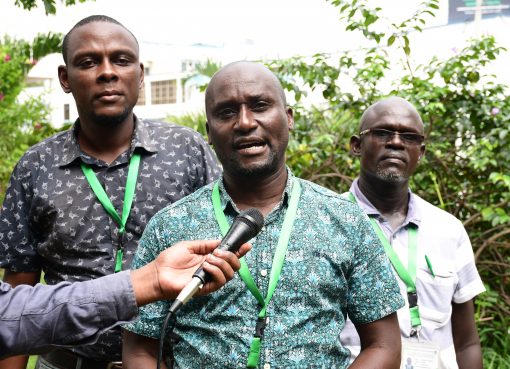The recent agricultural show held at Sameta Grounds in Gucha, Kisii County, was a pivotal event for the local farming community. Organized by Remington Africa in collaboration with the Kisii County Department of Agriculture, Fisheries, Livestock Development, and Irrigation.
The event drew a large number of farmers, agricultural experts, and county officials. The show aimed to educate farmers on best practices to boost farm productivity, focusing on modern farming techniques and the economic potential of agriculture.
Deputy Governor (D.G) Elijah Obebo, who graced the event, expressed his gratitude to the various agricultural organizations that contributed to the success of the show. He singled out Remington Africa for its pivotal role in organizing the event, which was instrumental in advancing the county’s agricultural agenda.
He emphasized that high-quality agricultural products are essential for farmers looking to access both local and international markets. According to Obebo, by focusing on quality, small-scale farmers can increase their income levels, thereby improving their living standards and eradicating poverty within their communities. He praised the role of agribusiness in providing a sustainable income, which could be used to cover essential expenses such as school fees and other household needs.
“By adopting new technologies and improving the quality of produce, farmers can elevate their living standards, fund their children’s education, and invest in other aspects of their lives,” Obebo said.
The show featured numerous exhibitions from agricultural organizations that demonstrated the latest technological advancements in farming. These included new agrochemicals, improved farming tools, and innovative farming techniques. Experts at the show provided farmers with practical information on how to incorporate these advancements into their daily farming activities.
Additionally, farmers were encouraged to visit their local sub-county agricultural offices for free farm planning services. These offices also offer free soil testing services, which are essential for making informed decisions about crop selection and farming methods.
A particularly notable announcement at the event was the county administration’s decision to subsidize Hass avocado seedlings.
“The price of these seedlings has been reduced to half of the original cost, making them more accessible to farmers. This initiative is part of a broader strategy to encourage avocado farming in the county,” the D.G added.
Hass avocados are in high demand in international markets, and the county government sees this as an opportunity for local farmers to tap into lucrative export markets. By planting Hass avocado trees, farmers can diversify their income sources and reduce their dependence on traditional crops.
The event also served as a platform for the county government to reinforce its commitment to supporting the agricultural sector. Elijah Obwori, the County Executive Committee (CEC) Member for Agriculture, was present at the show and reiterated the government’s dedication to empowering farmers. Obwori highlighted the various programs and initiatives that the county has put in place to support agricultural development, including training programs, subsidies, and access to markets. He stressed the importance of continuous learning and adaptation in agriculture, noting that the sector is constantly evolving.
Farmers who attended the show expressed their satisfaction with the knowledge and resources they gained. Many of them acknowledged that the event had opened their eyes to new opportunities in agribusiness. They appreciated the practical demonstrations and the availability of experts who could answer their questions and provide guidance.
“The event not only has enhanced my understanding of modern farming techniques but also motivated me to implement these practices on my farm,” Obed Makori one of the farmers told KNA.
This event is part of Kisii County’s broader strategy to boost agricultural productivity, improve food security, and reduce poverty by empowering farmers with the necessary tools and knowledge.
By Misheba Alfred




